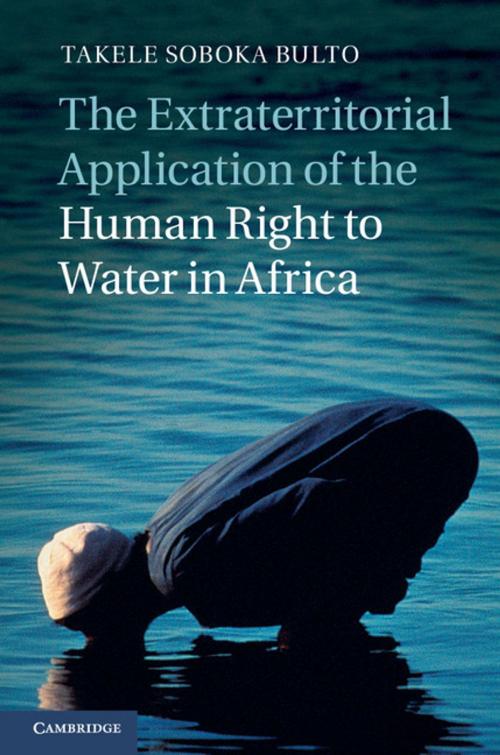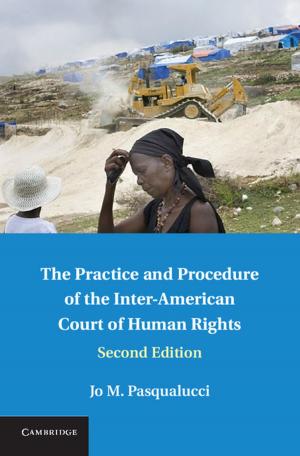The Extraterritorial Application of the Human Right to Water in Africa
Nonfiction, Reference & Language, Law, International, Social & Cultural Studies, Political Science| Author: | Takele Soboka Bulto | ISBN: | 9781107502215 |
| Publisher: | Cambridge University Press | Publication: | December 12, 2013 |
| Imprint: | Cambridge University Press | Language: | English |
| Author: | Takele Soboka Bulto |
| ISBN: | 9781107502215 |
| Publisher: | Cambridge University Press |
| Publication: | December 12, 2013 |
| Imprint: | Cambridge University Press |
| Language: | English |
International human rights law has only recently concerned itself with water. Instead, international water law has regulated the use of shared rivers, and only states qua states could claim rights and bear duties towards each other. International human rights law has focused on its principal mission of taming the powers of a state acting territorially. Takele Soboka Bulto challenges the established analytic boundaries of international water law and international human rights law. By demonstrating the potential complementarity between the two legal regimes and the ensuing utility of regime coordination for the establishment of the human right to water and its extraterritorial application, he also shows that human rights law and the international law of watercourses can apply in tandem with the purpose of protecting non-national non-residents in Africa and beyond.
International human rights law has only recently concerned itself with water. Instead, international water law has regulated the use of shared rivers, and only states qua states could claim rights and bear duties towards each other. International human rights law has focused on its principal mission of taming the powers of a state acting territorially. Takele Soboka Bulto challenges the established analytic boundaries of international water law and international human rights law. By demonstrating the potential complementarity between the two legal regimes and the ensuing utility of regime coordination for the establishment of the human right to water and its extraterritorial application, he also shows that human rights law and the international law of watercourses can apply in tandem with the purpose of protecting non-national non-residents in Africa and beyond.















